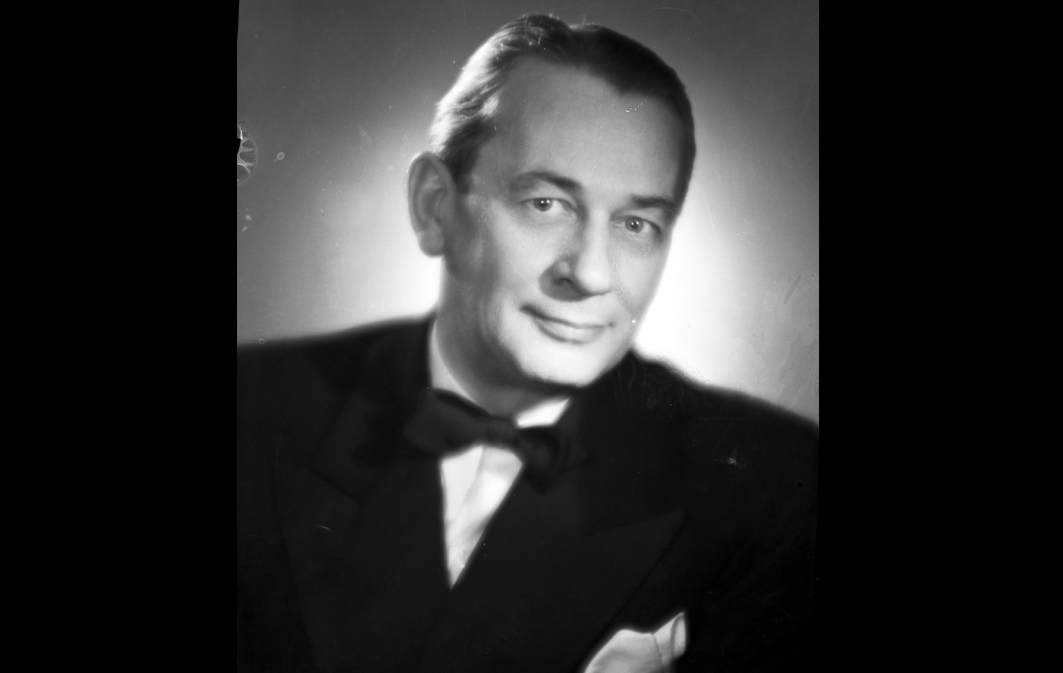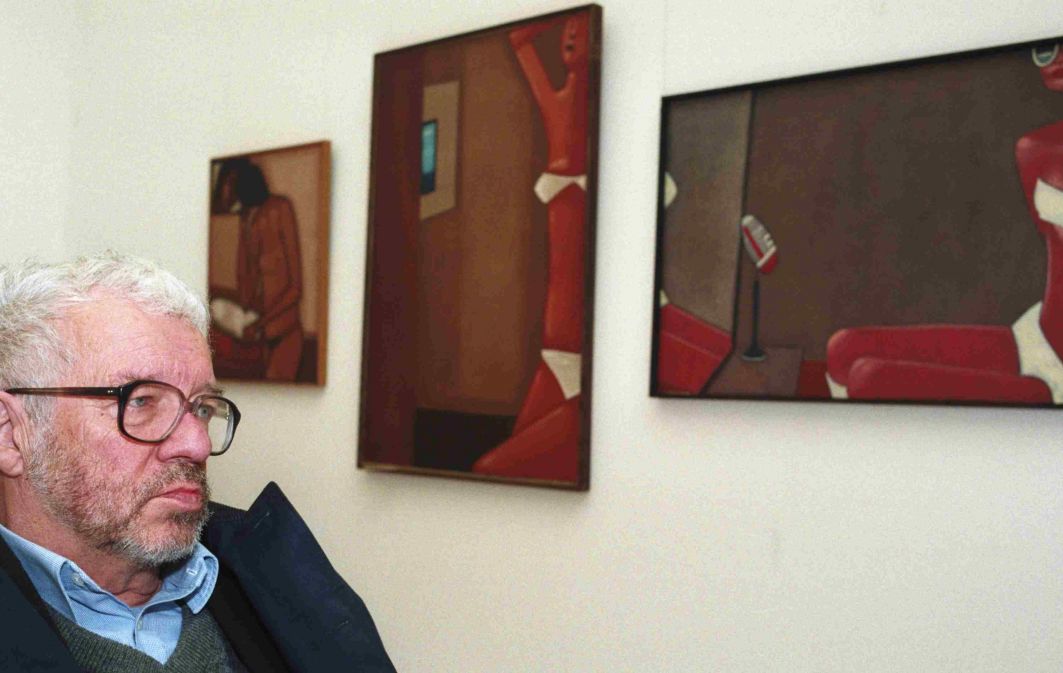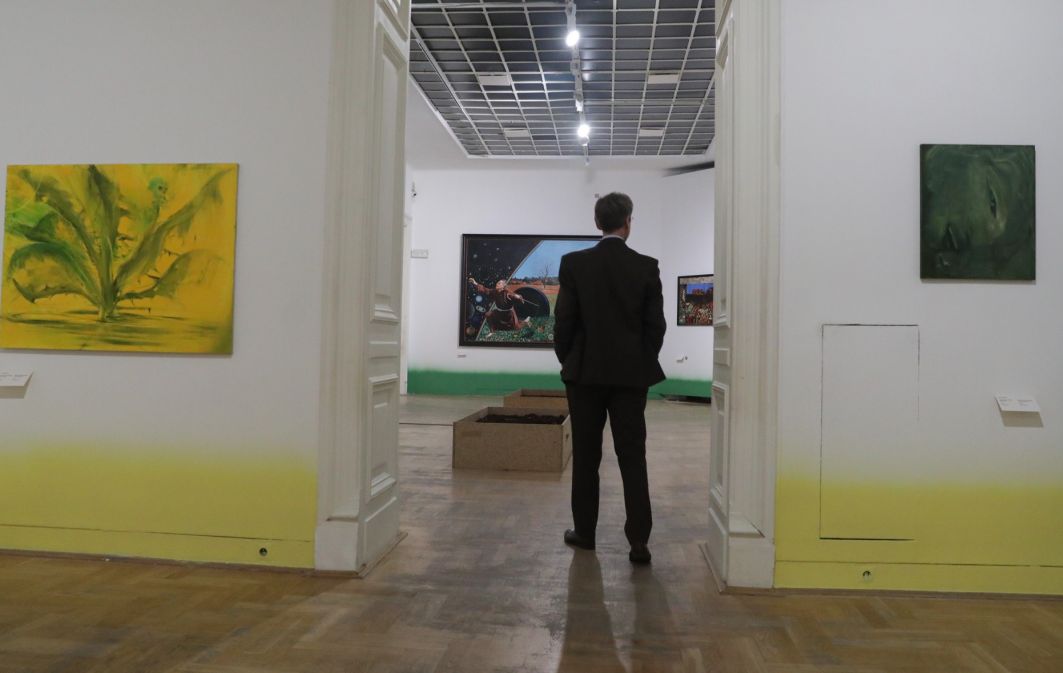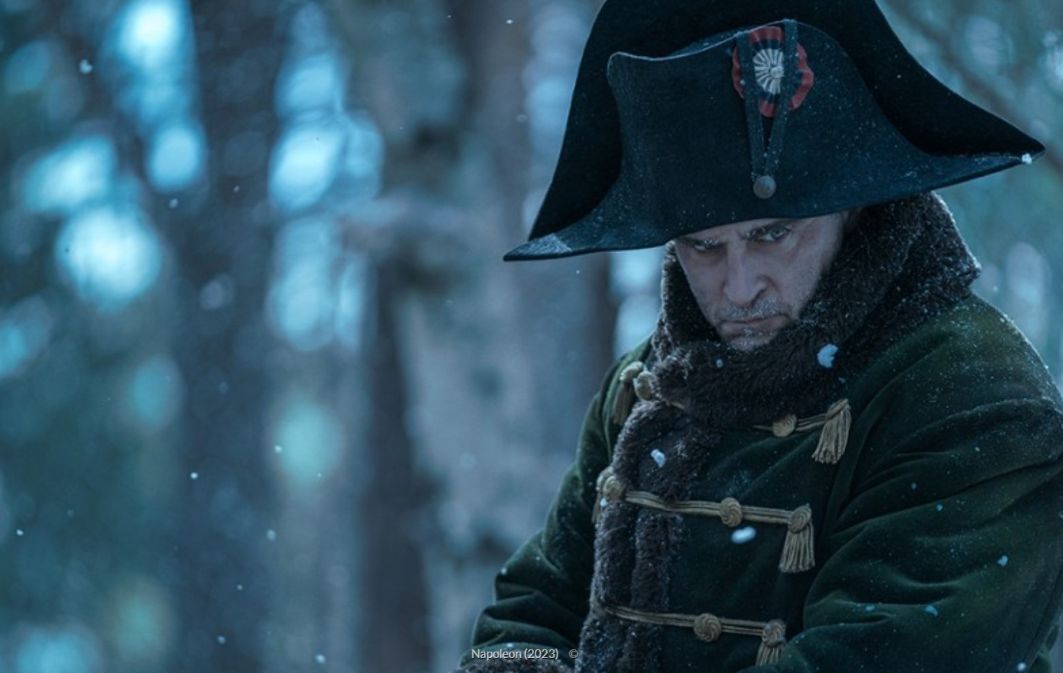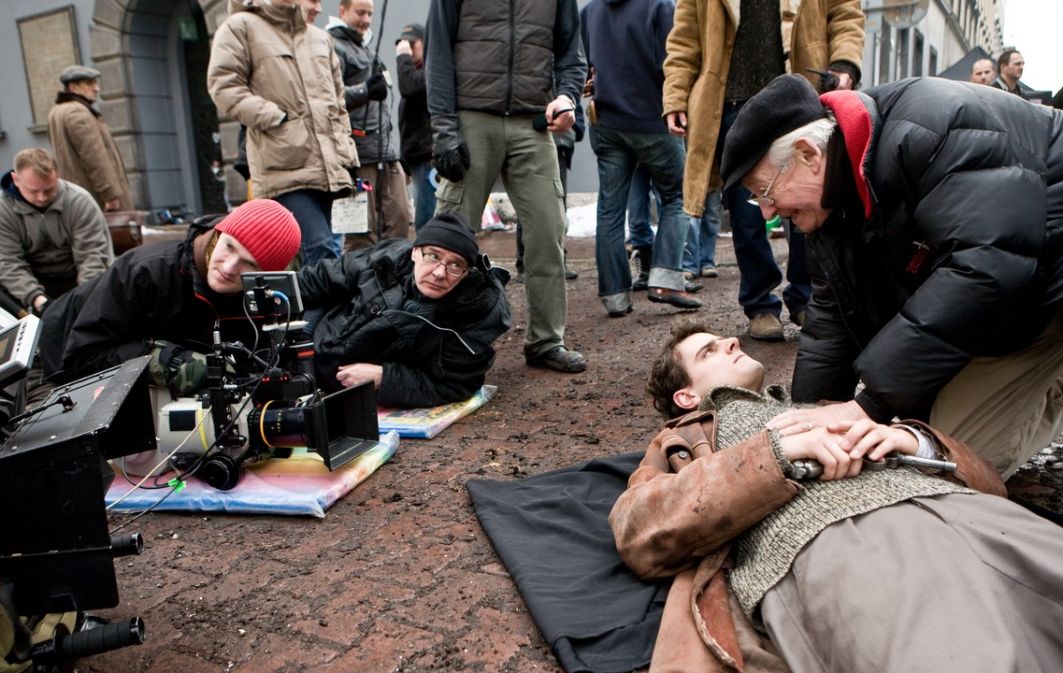Great performances from Mahershal Ali (Hays) and Stephen Dorff (Roland West) make this series devilishly believable. You can't look away, and you are left with sadness afterwards.
That doesn't change the fact that there is plenty of strangeness here bordering on belief in paranormal phenomena. But in the end, even the 'X-Files' series was to some extent a story about a pair of detectives. Agents Mulder (David Duchowny) and Scully (Gillian Anderson) pursued either aliens or horror movie characters, conducting regular investigations.
A traditional cop ballad
At the same time, we also have the regular, traditional police ballad all the time. The cop is still the protagonist of a mass of novels, films and series in the normal day-to-day work. I always wonder to what extent these are records of a reality at least slightly similar to the real one. That doesn't change the fact that Detective Mac Taylor from 'CSI: New York', the classic CSI series, filmed since 2004 and still subject to a kind of police rigour, is another favourite character of mine. Although I don't know if the constant concern painted on Gary Sinise's face is the typical expression of a real New York cop. It's also impossible not to remember this film as a bloody, picturesque spectacle. In other series of this type, like 'NCIS', officers joke and gossip at crime scenes (it's probably true). Mac Taylor-Sinise is worried about our demise.
There are some such characters and outside America, to remind you of the British detectives played by David Tennant and Olivia Colman in the excellent two-season series 'Broadchurch', in which it turned out that some things are unchangeable. With manifold changes in customs, the province also continues to harbour a variety of dirty secrets in the present day.
 SIGN UP TO OUR PAGE
SIGN UP TO OUR PAGE

Finally, the question is to what extent has Poland kept up with all this? After all, the militia captain Sowa played by Wieslaw Golas was already on the hunt in the 1960s.
The first proficient attempt to create a domestic detective series was undoubtedly Krzysztof Szmagier's '07 come in'. Well filmed, it unfortunately ceased to exist for me during martial law, when an unbridgeable chasm grew between me and the Citizen's Militia..
Then there were interesting attempts at such own cop ballads. One still remembers the weary face of Commissioner Olgierd Halski from Wojciech Wójcik's series 'Extradition', even if Marek Kondrat is now associated only with advertising a bank and selling wine. Interesting police officer characters were outlined for us in three series: "The Officer", "Officers" and "The Third Officer" by Maciej Dejczer (based on a script by Wojciech Tomczyk). Somewhere in the background in both series, the various pathologies of the Third Republic of Poland were well portrayed (in 'Extradition' from the 1990s, in 'Officers' from the early 21st century). But beyond all that, it was about the fight of detectives against the resistance of criminal matter.
Today we are left with the naïve yet popular 'Father Matthew'. Nota bene stories of amateur detectives are again a serious bite of our pop culture, and high culture too. After all, who was the monk William of Baskerville investigating mysterious crimes in a certain monastery in northern Italy in the 14th century? He was the protagonist of Umberto Ecco's 'The Name of the Rose' and the two screen adaptations of this novel: a film and then a TV series.
The novel is naturally deeper, getting more firmly into the political and religious dilemmas of the Middle Ages. Yet William, even using a magnifying glass, will always have for me the face of Sean Connery from Jean Jacques Annaud's 1986 film version. It is also impossible not to remember this film as a bloody, picturesque spectacle.
So detectives have been, are and will be. Even if some have become nutcases and the reputation of others has always been reprehensible, they continue to seek the truth, solve mysteries and track down villains.
– Piotr Zaremba
- Translated by Tomasz Krzyżanowski
TVP WEEKLY. Editorial team and jornalists
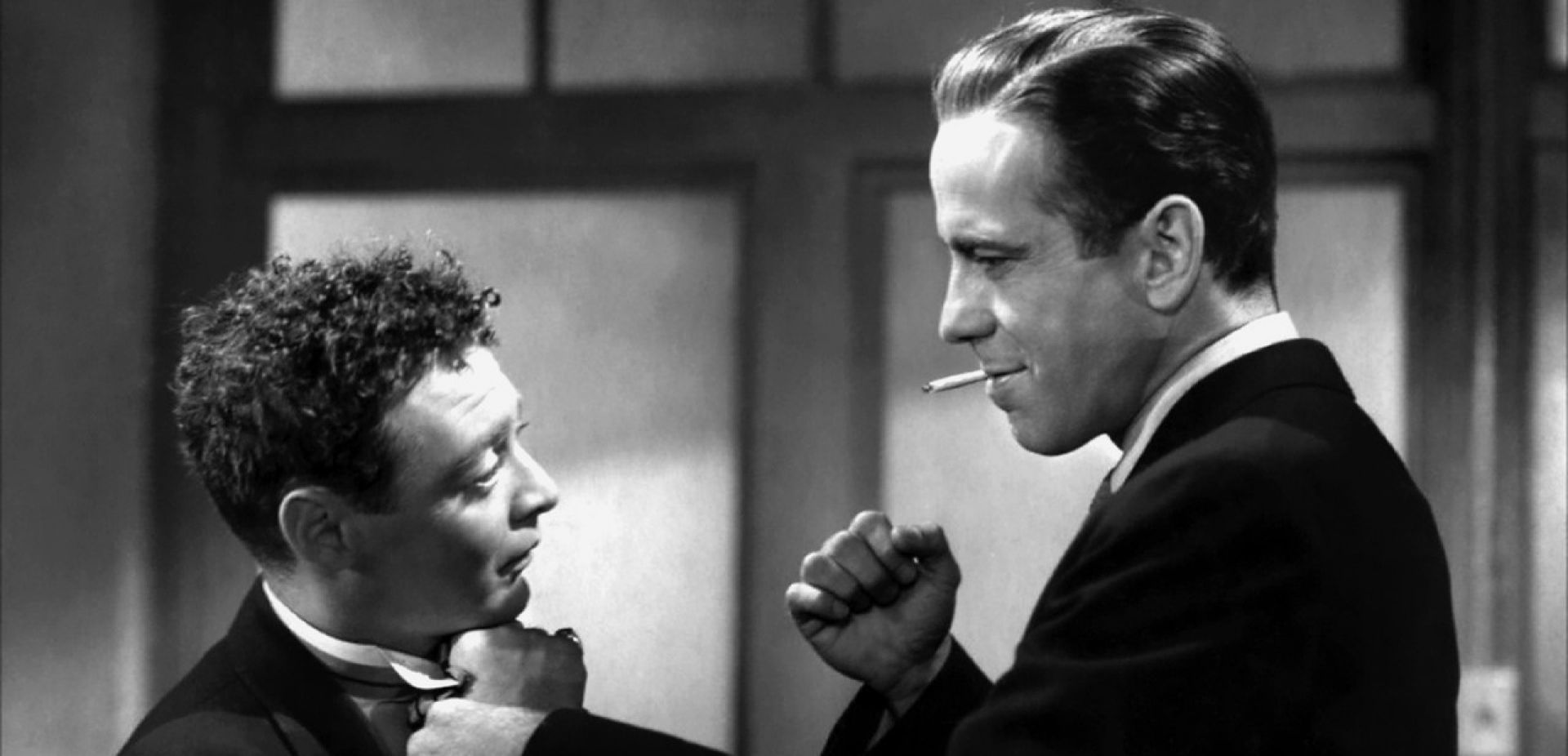
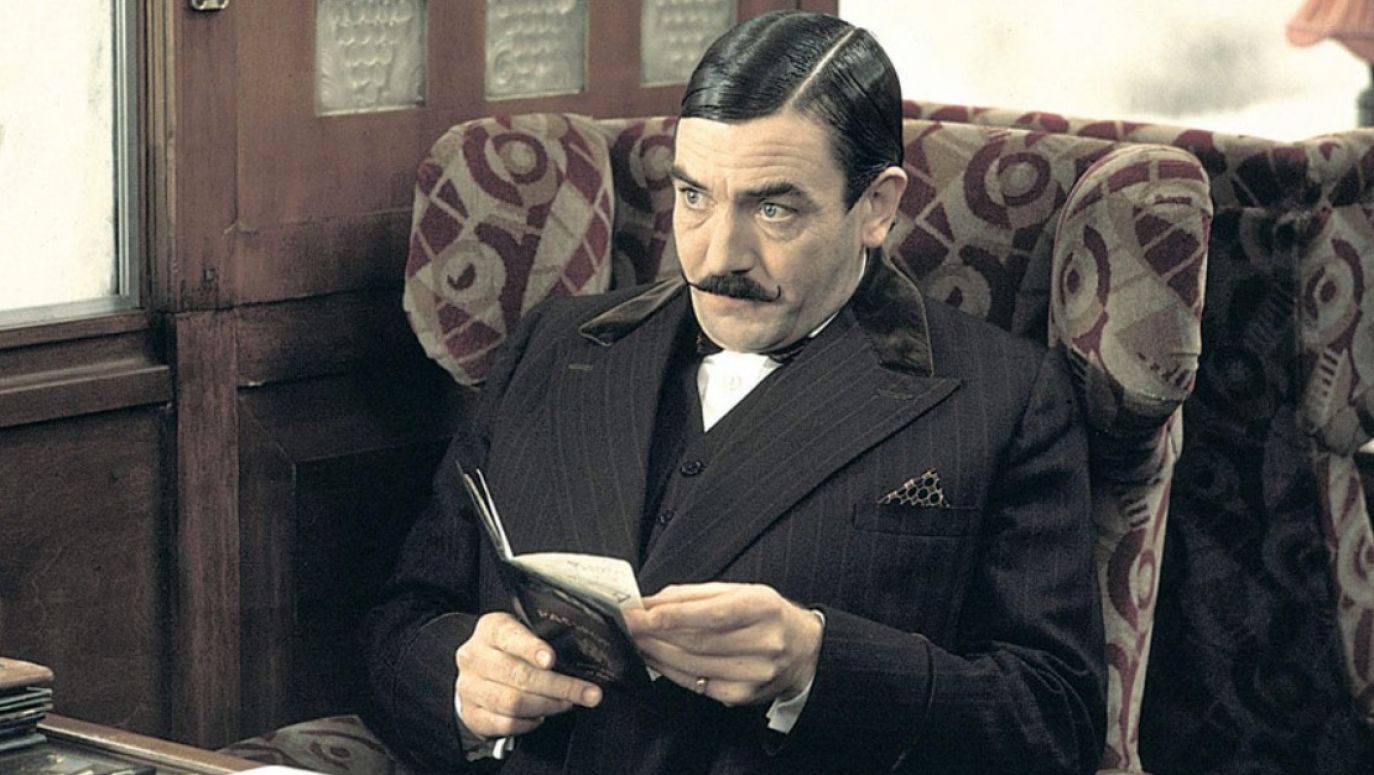

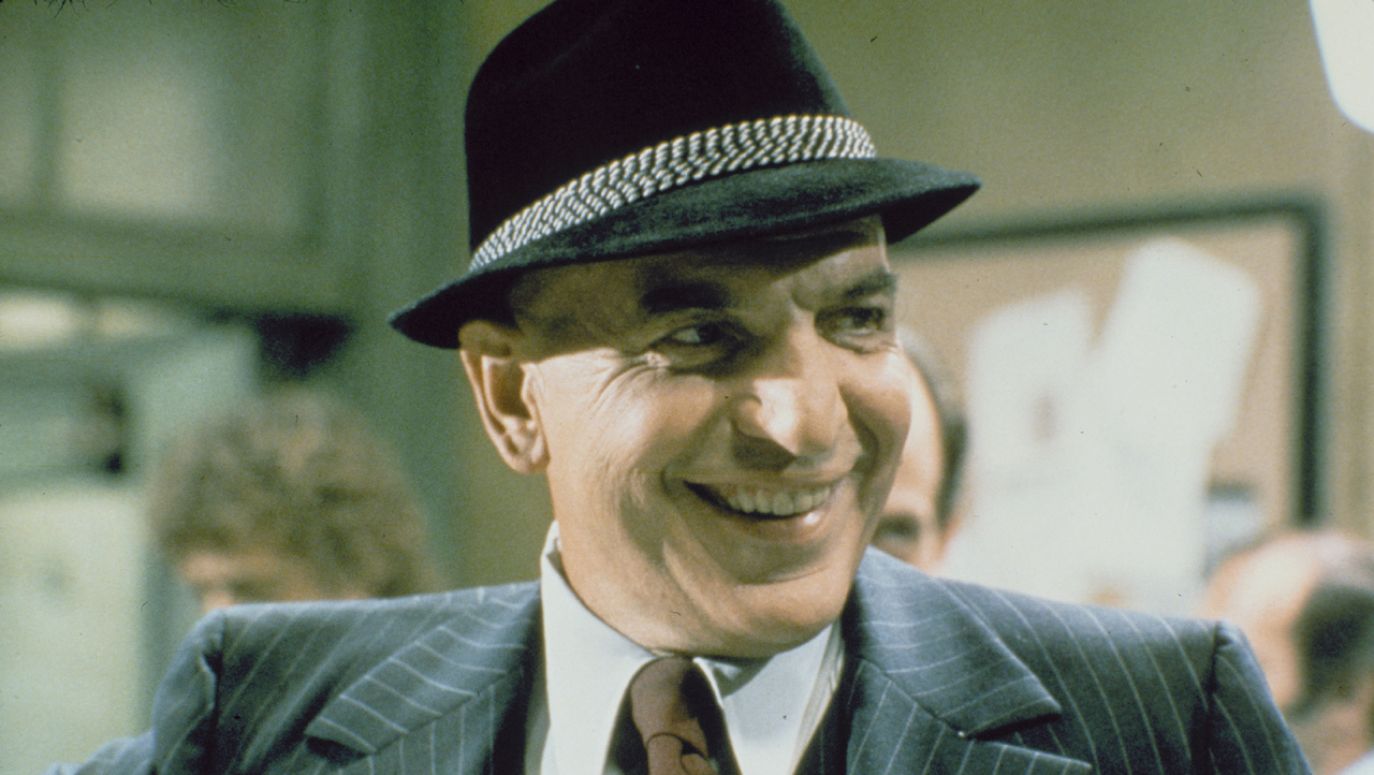
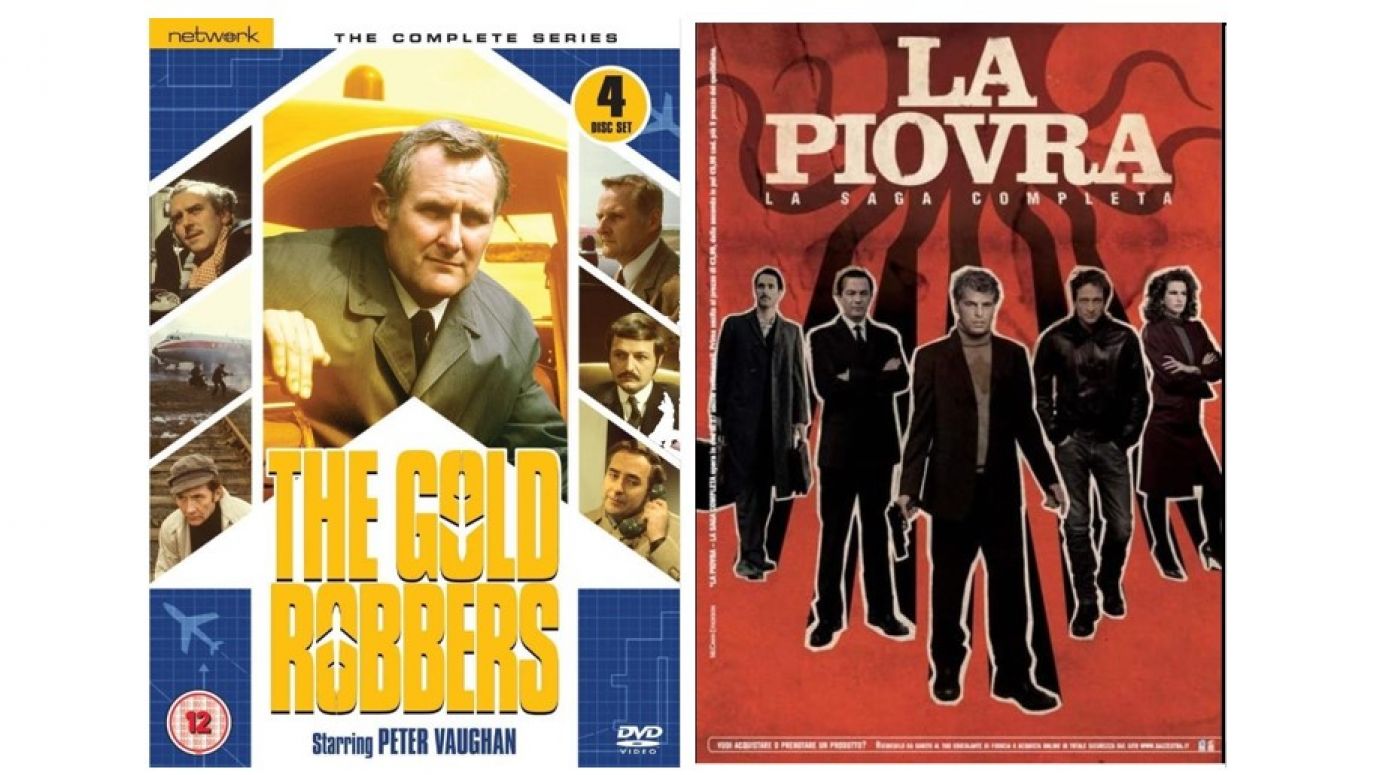
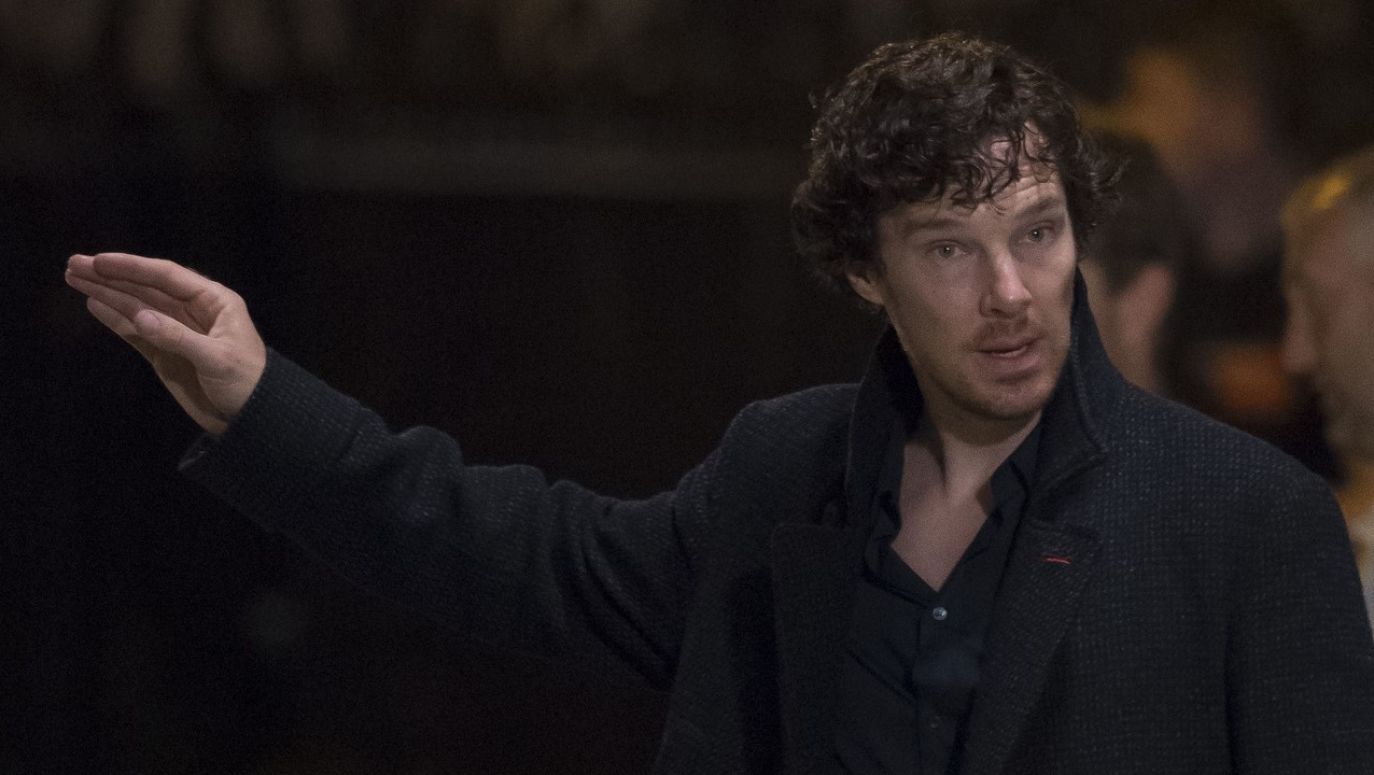
 SIGN UP TO OUR PAGE
SIGN UP TO OUR PAGE
 Finally, the question is to what extent has Poland kept up with all this? After all, the militia captain Sowa played by Wieslaw Golas was already on the hunt in the 1960s.
Finally, the question is to what extent has Poland kept up with all this? After all, the militia captain Sowa played by Wieslaw Golas was already on the hunt in the 1960s. 